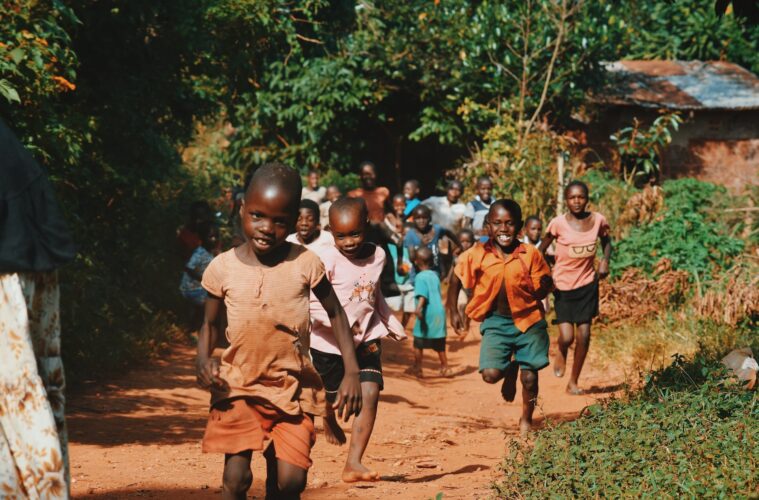Volunteering in Africa can be a life-changing experience, both for the volunteers and the communities they serve. Africa is a continent of contrasts, with stunning natural beauty, vibrant cultures, and diverse communities. However, it is also a continent that faces numerous challenges, such as poverty, disease, and social inequality. Volunteering in Africa is an opportunity to make a positive impact on these challenges while also gaining a unique cultural experience.
Why Volunteer in Africa?
Volunteering in Africa is a way to give back to communities that are in need of assistance. Many African countries have limited resources, and volunteers can provide valuable skills and knowledge that can make a difference in people’s lives. Volunteers can work on a range of projects, from education and healthcare to environmental conservation and community development.
Volunteering in Africa is also a chance to gain a new perspective on life. Living and working in a foreign country can be challenging, but it can also be incredibly rewarding. Volunteers have the opportunity to learn about new cultures, develop new skills, and form lasting friendships. Volunteering in Africa can also be an excellent addition to a resume or college application, demonstrating a commitment to community service and a willingness to work in challenging environments.
Choosing a Volunteer Programme
There are many volunteer programs in Africa, and it’s essential to choose the right one. Before committing to a programme, it’s important to research the organisation and the project thoroughly. Look for programmes that are transparent about their goals, have a good track record of success, and prioritise the needs of the local community. It’s also essential to consider the cost of the programme and the level of support provided. Some volunteer programmes may offer training, accommodation, and transportation, while others may require volunteers to organise these themselves.
Types of Volunteer Projects
There are many types of volunteer projects in Africa, and it’s essential to choose one that aligns with your interests and skills. Some popular volunteer projects include:
1. Education: Many African countries struggle with high levels of illiteracy and limited access to education. Volunteers can work in schools, community centres, or orphanages, teaching children and adults basic literacy and numeracy skills.
2. Healthcare: Healthcare is another area where volunteers can make a significant impact. Volunteers can work in hospitals, clinics, or mobile health units, assisting with patient care and public health outreach.
3. Environmental Conservation: Africa is home to some of the world’s most iconic wildlife and ecosystems. Volunteers can work on projects to protect endangered species, restore degraded habitats, and promote sustainable development.
4. Community Development: Many African communities face social, economic, and environmental challenges. Volunteers can work on projects to improve access to clean water, sanitation, and housing, or support local entrepreneurs and artisans.
Challenges of Volunteering in Africa
Volunteering in Africa can be incredibly rewarding, but it’s not without its challenges. Living and working in a foreign country can be stressful, especially if volunteers are not prepared for the cultural differences and potential language barriers. Volunteers may also face health risks, such as exposure to tropical diseases or lack of access to adequate medical care.
Conclusion
Volunteering in Africa can be an incredibly rewarding experience that offers a chance to make a positive impact on people’s lives and gain a unique cultural experience. However, it’s important to choose the right programme and be prepared for the challenges that may arise. With careful research and a commitment to community service, volunteering in Africa can be a life-changing opportunity for both volunteers and the communities they serve.



